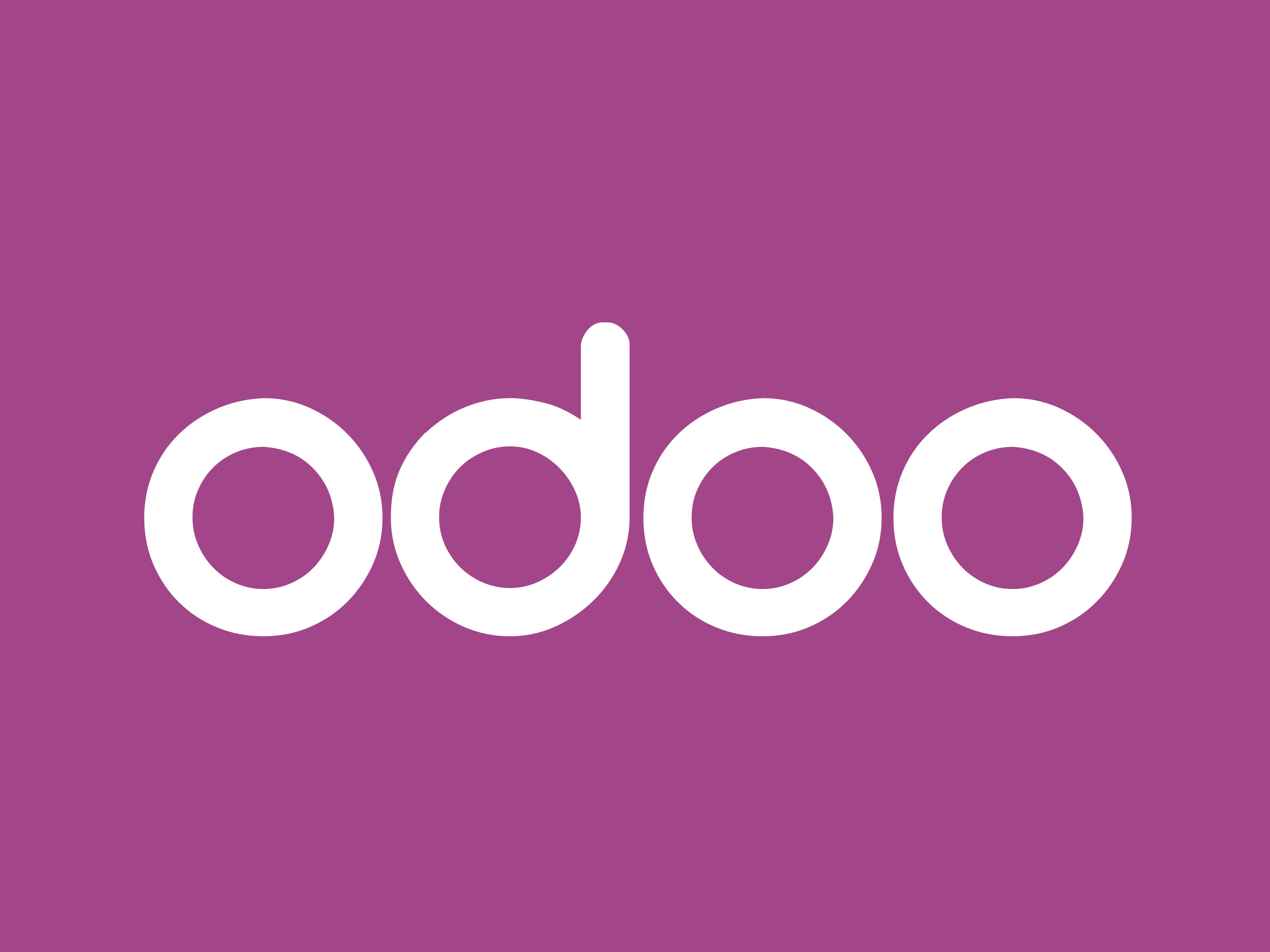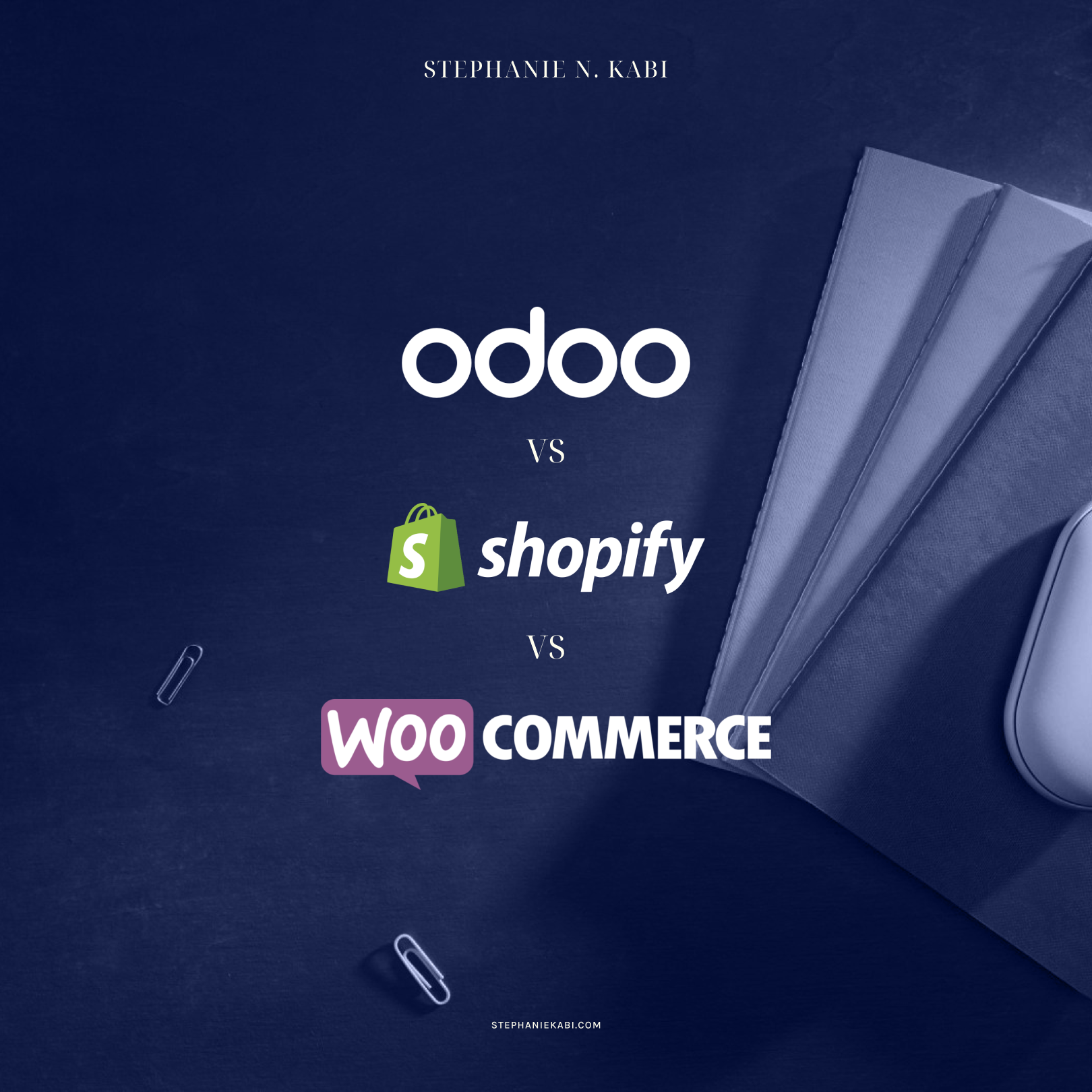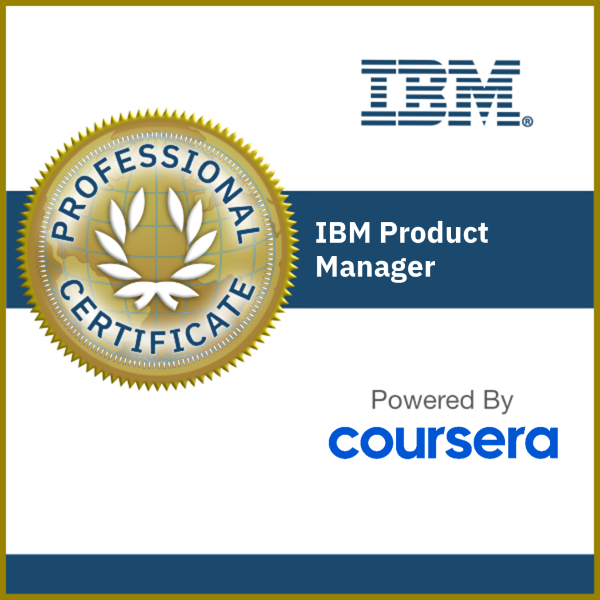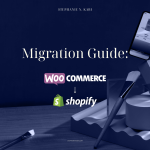If you’re running a business in Kenya today, you’re juggling a lot: sales online and offline, KRA’s eTIMS mandate, and staff who need tools that just work. The big question now is should you run on Odoo, Shopify, or WooCommerce?
I’ve helped dozens of businesses launch and grow using Shopify and WooCommerce, and they’re still great tools when you’re early or focused on selling online only. But once you add staff, warehouses, eTIMS, or serious ops, the game changes.
Here’s the comparison for what matters most:
- Inventory that syncs across your store, warehouse, and online site
- eTIMS/KRA invoice compliance (without external workarounds)
- A POS that doesn’t go dead when your internet hiccups
- Local payments like MPesa, card, and bank
- Real cost of owning the system
Want the full doc version with full feature comparisons and final verdict for your use case?
Download this free pdf:
Quick Platform Comparison
1. Inventory Sync (Online + Offline)
If your inventory lives in multiple locations (store + warehouse), you want everything in sync. Odoo handles this natively across POS and eCom. Shopify needs paid apps to try and sync. WooCommerce? Expect breakable plugins.
✅ Winner: Odoo
2. eTIMS/KRA Compliance
Kenya Revenue Authority’s eTIMS is now mandatory. Odoo 18+ supports it out of the box via OSCU. Shopify and WooCommerce? You’ll need a compliant external POS, then manually sync back.
✅ Winner: Odoo
3. POS Performance
Odoo POS works offline. Shopify POS dies without internet. WooCommerce POS plugins vary, most don’t handle offline scenarios properly.
✅ Winner: Odoo
4. Ease of Use
Shopify is the easiest to use. Odoo is powerful but requires onboarding. WooCommerce is in the middle, depending on your theme and plugin complexity.
✅ Winner: Shopify (unless you need heavy ops control)
5. Scalability & Flexibility
-
Odoo is designed for growth: sales, HR, inventory, CRM, all in one.
-
Shopify scales well for online DTC.
-
WooCommerce scales with enough hosting + dev effort.
🏆 Odoo wins for full back-office scalability.
Cost Comparison
|
Cost Item |
Odoo |
Shopify |
WooCommerce |
|---|---|---|---|
|
Software |
Free (Community) or $25/user |
$39–399/mo + POS $89/mo |
Free core + $20–100/mo plugins |
|
Hosting |
$20–80/mo (self or Odoo.sh) |
Included |
$10–50/mo (shared/VPS) |
|
Setup |
$0–3K DIY, or $5K–20K partner |
$39–1.5K depending on apps |
$40–1.5K plugins/setup |
|
eTIMS |
✅ Built-in support |
❌ Not supported |
❌ Not supported |
|
POS Hardware |
Any tablet + barcode |
Shopify hardware only |
Any tablet + compatible plugin |
|
Offline Support |
✅ Yes |
❌ No |
⚠ Depends on POS plugin |
When to Choose Each Platform
|
Scenario |
Best Platform |
Why |
|---|---|---|
|
Online-only store, no compliance need |
Shopify |
Fast, simple, MPesa-ready |
|
Storefront with POS + compliance |
Odoo |
End-to-end, offline-ready, KRA compliant |
|
Tech-savvy, low-budget setup |
WooCommerce |
Cheap, customizable, MPesa-ready |
|
Selling B2B or handling custom orders |
Odoo |
CRM, quoting, BOM, and operations stack |
Want the full doc version with full feature comparisons and final verdict for your use case?
Download this free pdf:




















